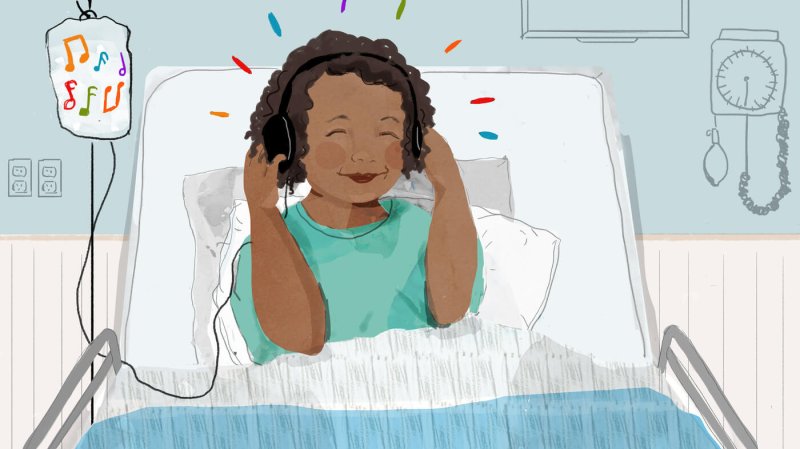An international team of scientists has identified the neural mechanisms through which sound blunts pain in mice. The findings, which could inform development of safer methods to treat pain, were published in Science.
“Human brain imaging studies have implicated certain areas of the brain in music-induced analgesia, but these are only associations,” said co-senior author Yuanyuan (Kevin) Liu, Ph.D., a Stadtman tenure-track investigator at NIDCR. “In animals, we can more fully explore and manipulate the circuitry to identify the neural substrates involved.”
The researchers first exposed mice with inflamed paws to three types of sound: a pleasant piece of classical music, an unpleasant rearrangement of the same piece, and white noise. Surprisingly, all three types of sound, when played at a low intensity relative to background noise (about the level of a whisper) reduced pain sensitivity in the mice. Higher intensities of the same sounds had no effect on animals’ pain responses.
“We were really surprised that the intensity of sound, and not the category or perceived pleasantness of sound would matter,” Liu said.































